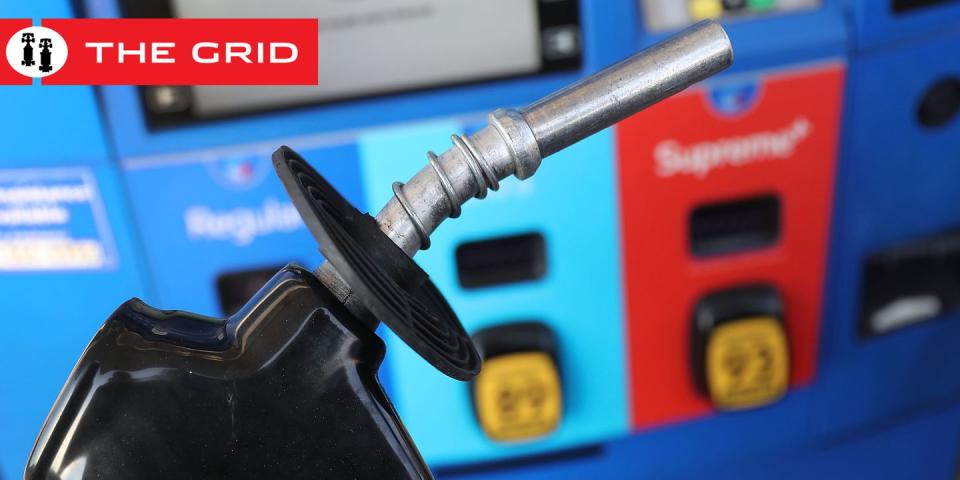Automakers Want Higher Octane Regular Gas

Welcome to The Grid, R&T's quick roundup of the auto industry and motorsports news you should know this morning.
Octane Increase?
Every time you go to a gas station and ask for a tank of regular, your car is filled with 87 octane fuel. It's been that way for ages, probably as long as you can remember. But if automakers get their way, that could soon change.
Automakers are lobbying the government to change regular from 87 to 91 octane for a few reasons. One of them is the continued reluctance of consumers to adopt battery electric vehicles. Another is that gas is still pretty cheap, and 91 octane will help automakers develop more efficient internal combustion engines, since it seems like that tech is going nowhere. The US wouldn't be the first place to mandate 91 octane (95 RON), nations in Europe have already been using the standard. It'd also help meet CAFE standards, even if the targets are set to change over the course of the next few months.
Renault's Improvements
There's a fairly clear hierarchy of engine manufacturers in Formula One this season. Ferrari and Mercedes are neck and neck, with Ferrari perhaps having a slight advantage, and then Renault is in third. But the French manufacturer believes it should be able to more than make-up its deficit to the others throughout the season.
Planned updates to its power unit have Renault believing that it'll be able to close that gap and then some, with more than half a second in development still on the table. Of course, Mercedes and Ferrari will also be developing their power units through the season, so it'll be, like always, a war of ingenuity and money to see which comes out on top.
Tesla's Model 3 Push
Tesla has been under fire lately for missing production targets for its entry-level Model 3. Now, the company is promising to ramp up production by going to a 24/7 shift at its plant in Fremont.
According to an internal memo, the company is going to the longer shift to get production to 6,000 cars per week by June. Tesla had paused production this week to put improvements in place that would allow it to build 3,000 - 4,000 cars per week soon, with another pause in May to get them to that magic 6,000 number.
You Might Also Like

 Yahoo Autos
Yahoo Autos 